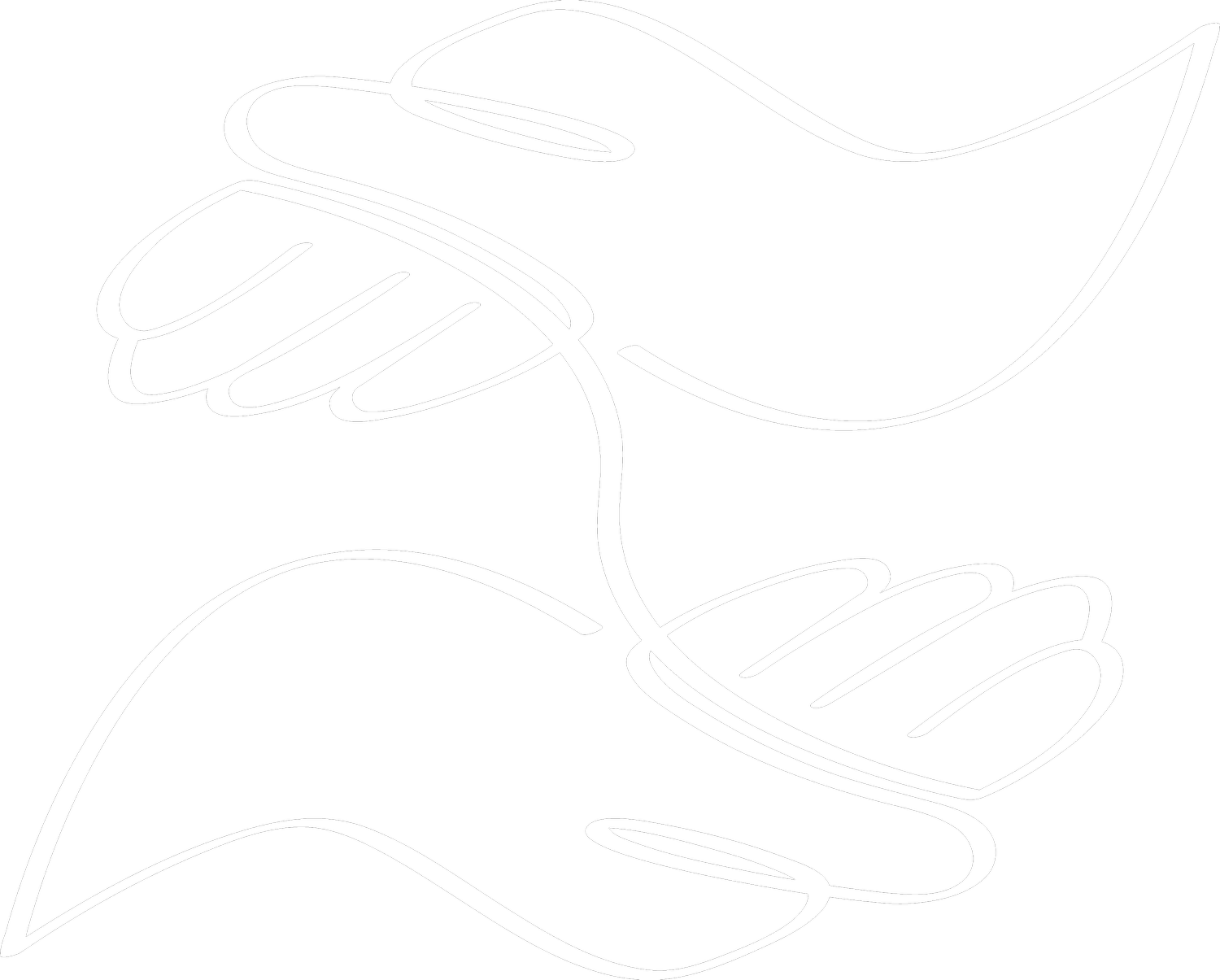Complacency in relationships.
Many relationship struggles don’t arise from a single dramatic event but rather from a slow shift that happens over time.
Complacency is easy to overlook because it creeps in quietly, masked as routine, comfort, or the natural progression of a long-term relationship. Over time, what once felt like stability can turn into stagnation, leaving both partners disconnected before they realize what’s happening.
One partner may gradually stop putting in effort, assuming the other will always be there, and in doing so, inadvertently takes on the role of the “persecutor.” The “persecutor” might not even realize they’ve taken on this role, as their behavior can stem from laziness, entitlement, or even unspoken resentment. Meanwhile, the other partner (the “victim”) often internalizes the neglect, feeling dismissed, unheard, or even trapped in a cycle of self-doubt and emotional isolation.
This creates a toxic power dynamic, where one person feels stuck in a cycle of seeking validation from someone who no longer offers it freely.
Because complacency lacks the obvious signs of trouble, like arguments or conflict, it’s easy for both partners to assume things are fine, unaware that emotional disengagement can be just as damaging. The emotional toll is often gradual, making it hard to pinpoint until the disconnection feels overwhelming. One partner may withdraw emotionally or mentally, while the other keeps trying harder, desperate for attention and validation. But neither person truly addresses the issue. This cycle continues, leading to frustration and confusion for both.
Breaking free starts with awareness. Recognizing that complacency is not just a normal phase or “how relationships are” is key. The moment both partners stop making excuses for the lack of effort and openly acknowledge the issue, they can begin to move forward in a healthier direction.
Honest communication is essential. Partners need to feel safe discussing their feelings and setting boundaries. Neither partner should feel trapped in a one-sided dynamic. Both should actively engage in nurturing the relationship, making time for each other, and addressing concerns without fear of judgment or resentment.
Complacency doesn’t have to lead to a breakdown. With awareness, open communication, and mutual effort, relationships can thrive again. The key isn’t blame but recognizing that both partners share the responsibility of keeping their emotional connection alive. The sooner both sides acknowledge the signs and stop excusing complacency as “just how relationships are,” the easier it becomes to break the cycle and rebuild a stronger, more intentional bond.
